- Mercedes pay+ introduces in-car payments via biometrics for the first time.
- The program is limited to owners in Germany, but the program will expand within Europe later this year.
- Mercedes says 4.7 billion in-car transactions will be made globally by 2026.
Mercedes Pay+ Brings In-Car Payments to Mercedes-Benz
Mercedes-Benz has introduced a new in-car payment system that uses your fingerprint — just like your smartphone.
This month, Mercedes-Benz EQS and EQE owners in Germany will be able to make digital purchases simply by using the in-car fingerprint sensor. The automaker calls this Mercedes pay+, and it brings Mercedes into an emerging group of automakers bringing marketplaces into their vehicles.
The infotainment systems for these vehicles, along with plug-in hybrid versions of the C-Class, S-Class and DC charging-equipped GLC, already allowed for payments; this new enhancement bypasses the previously required PIN entry or smartphone execution. Now, the fingerprint sensor enables biometric two-factor authentication for a more seamless operation.
Merc makes a point of mentioning that it is the first automaker to make use of Visa's Delegated Authentication and Cloud Token Framework tech for in-car payments. Mercedes describes these tokens as "provid[ing] an additional layer of security as they help to protect and encrypt sensitive payment information by converting data and storing it securely." Currently, Mercedes has not announced plans for markets outside Europe beyond 2023.
Am I Ready for an EV?
- EV ownership works best if you can charge at home (240V outlet)
- Adding a home charging system is estimated to cost $1,616 in
- Edmunds is partnering with Treehouse, an independent provider of home EV installation services. Learn more about the installation services partnership
A slippery slope
The idea, if you were to ask Mercedes, is to make paying for existing items even more convenient. Cards can be linked via MBUX or the Mercedes me app and payments are made to activate or subscribe to in-vehicle digital services. Mercedes lists a function like pre-conditioning the vehicle via a mobile device is just one example (though in this case, this feature is offered for free from some rivals). Other features currently available by subscription include adaptive high-beam assistance or rear-axle steering.
In-vehicle subscription services haven't been met with much support. Consumers have been extremely vocal about locking software features like the aforementioned rear-axle steering behind paywalls. BMW has made multiple attempts to smooth similar decisions, specifically relating to heated seats and wireless Apple CarPlay and Android Auto integration. Toyota has also implemented a subscription for remote start. Neither has been well received by owners.
As it turns out, buyers don't love making the largest purchase they'll make next to their house only to be met with the very subscriptions and paywalls they are trying to dodge by owning an asset outright. Manufacturers may try to disguise this as added convenience — a story that has been told by many other industries implementing the same pay-as-you-go strategies. It remains to be seen if customers will reject these services en masse or will merely accept the integration of payments and digital marketplaces into cars as a sign of the times.
Edmunds says
Mercedes-Benz has already integrated payments and digital marketplaces into its vehicles, so Mercedes pay+ merely makes the process less painful. While added security is well and good, consumers have previously reacted negatively to the encroachment of payment systems, subscriptions and pay-as-you-go models in vehicles. Cars are a massive financial commitment, and buyers may balk at being dogged by microtransactions after purchasing a six-figure luxury sedan.
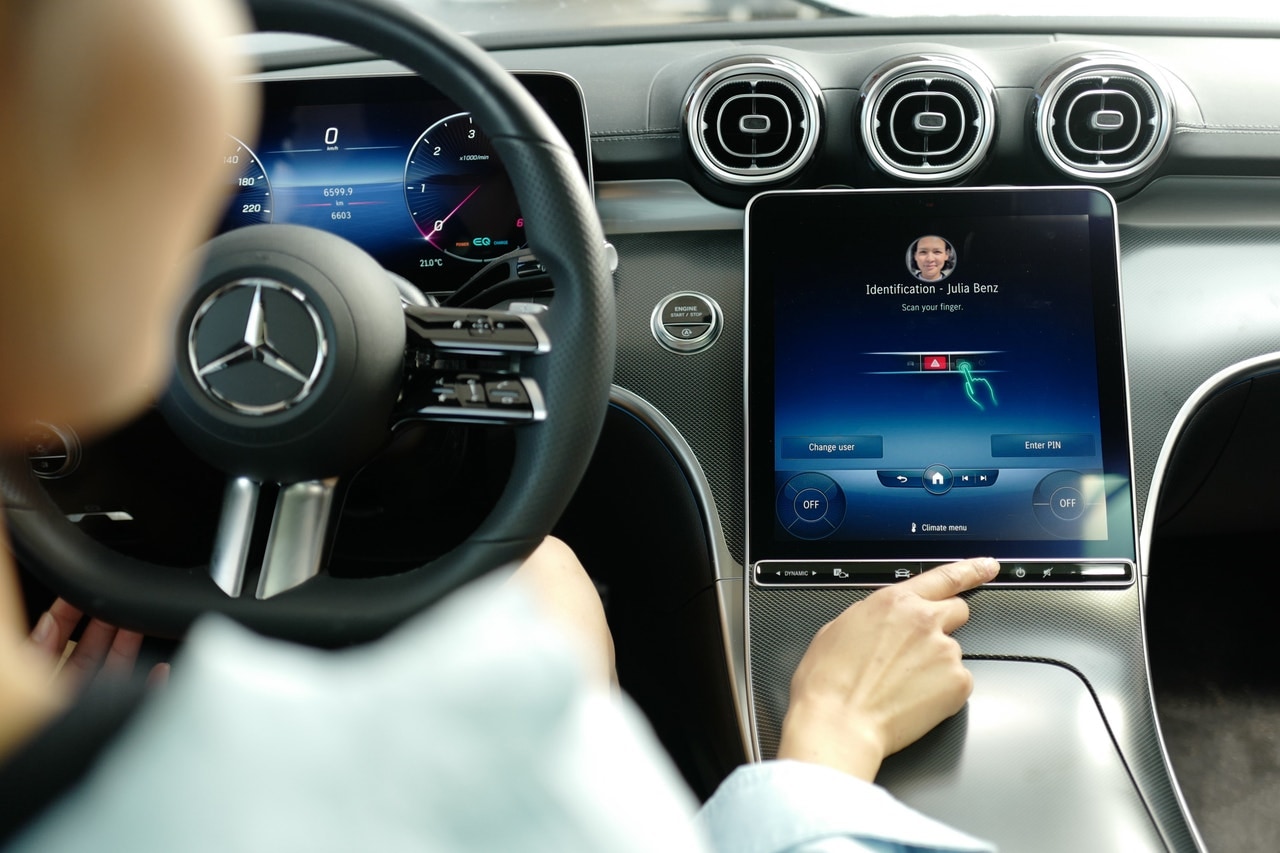
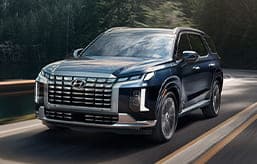
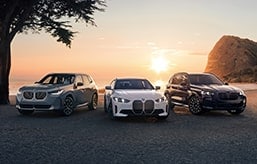
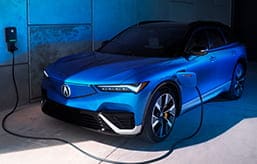

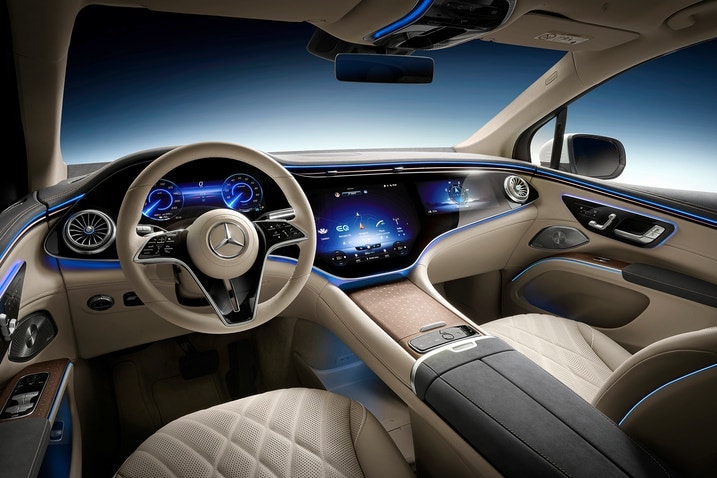
 by
by